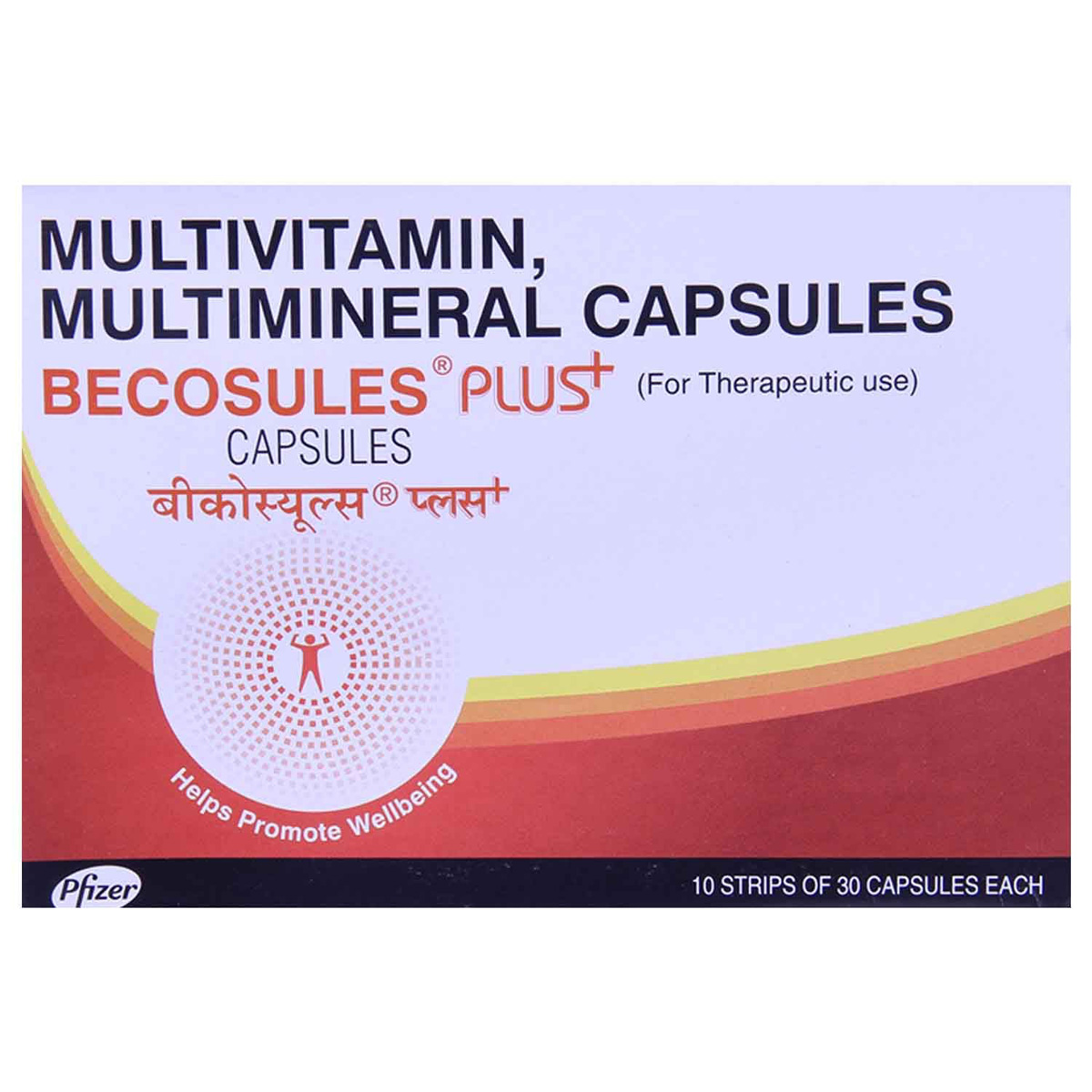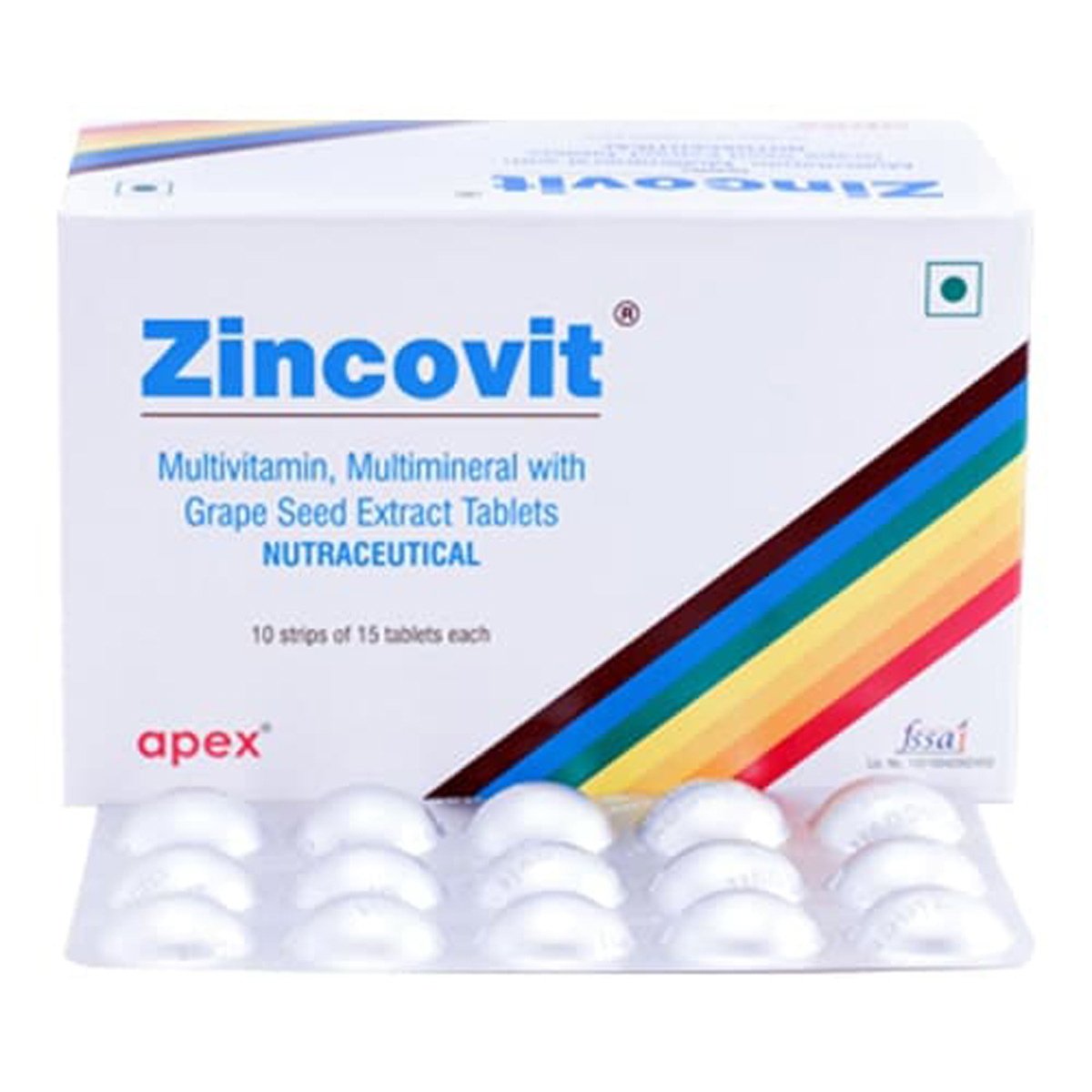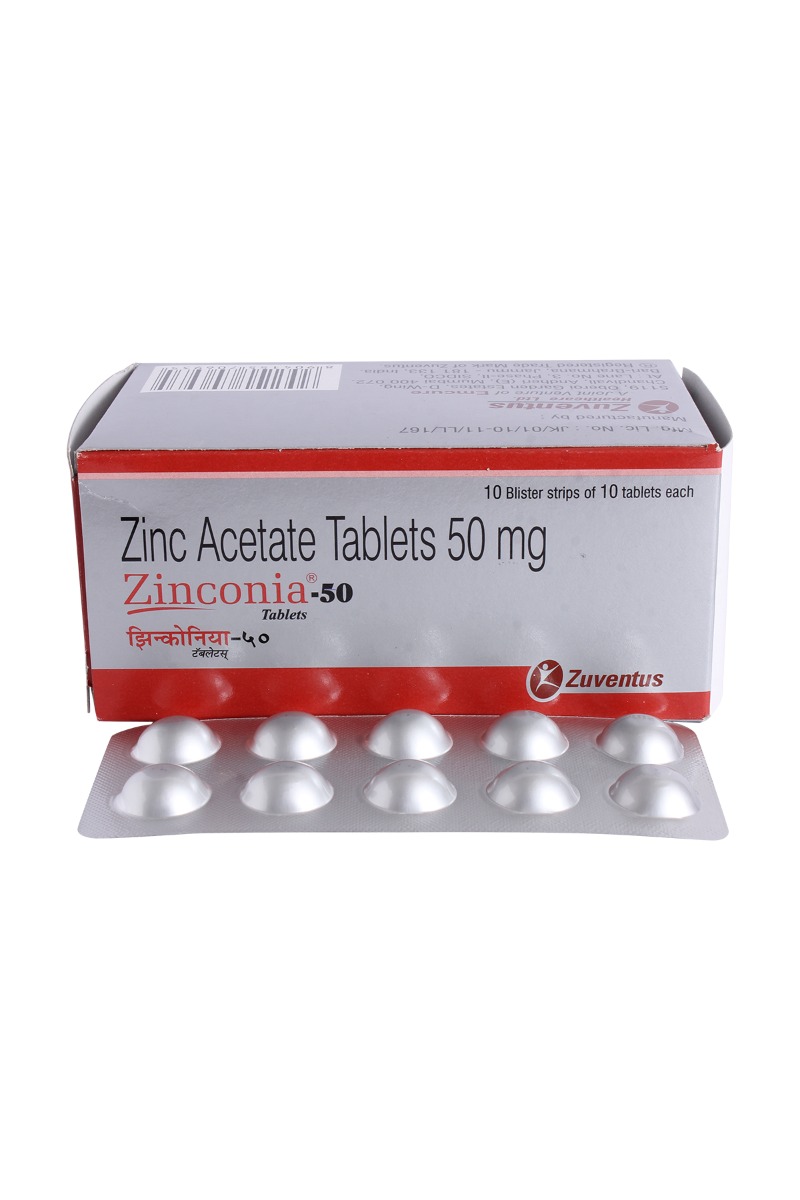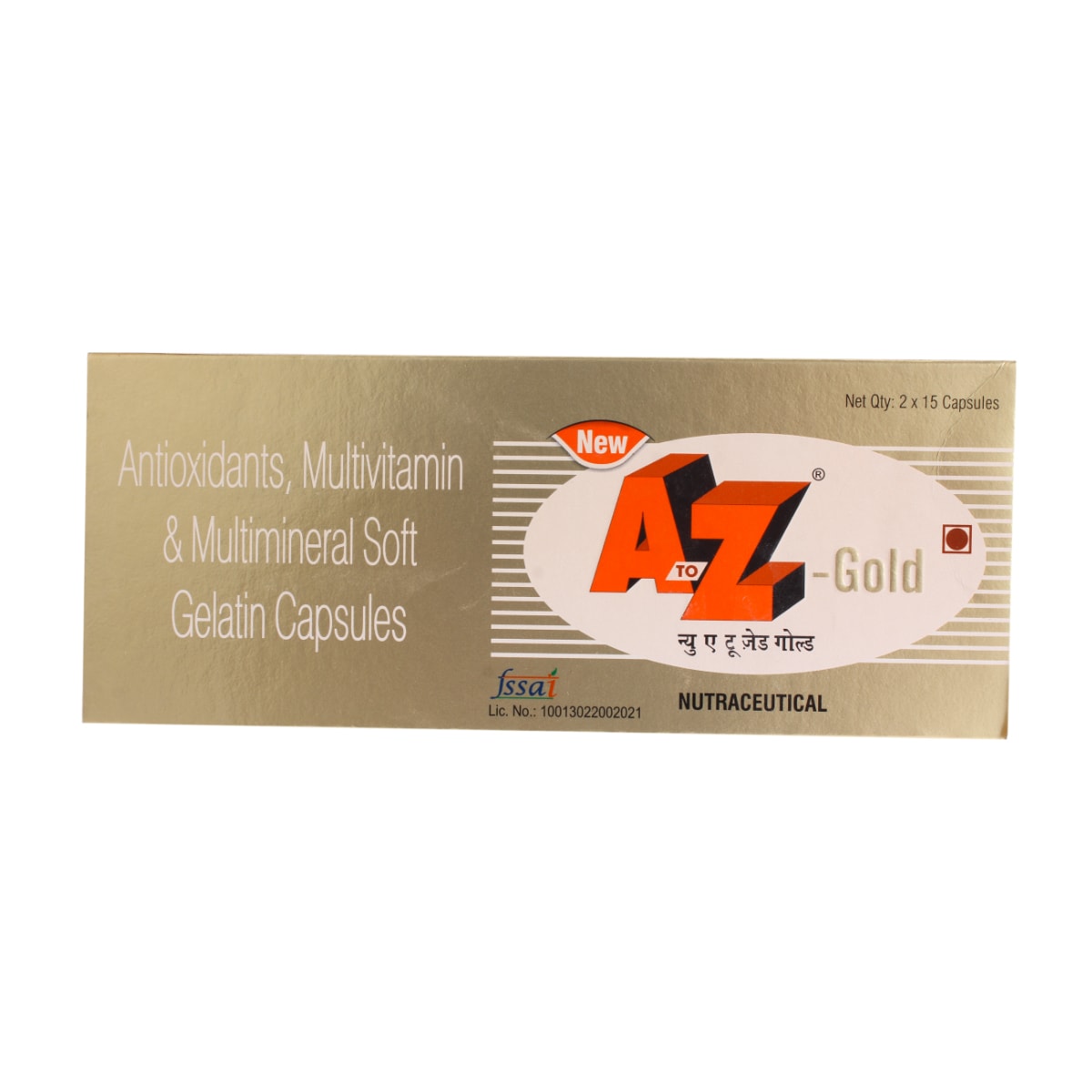Clinterol 250/1000 mg Tablet
MRP ₹188
(Inclusive of all Taxes)
₹28.2 Cashback (15%)
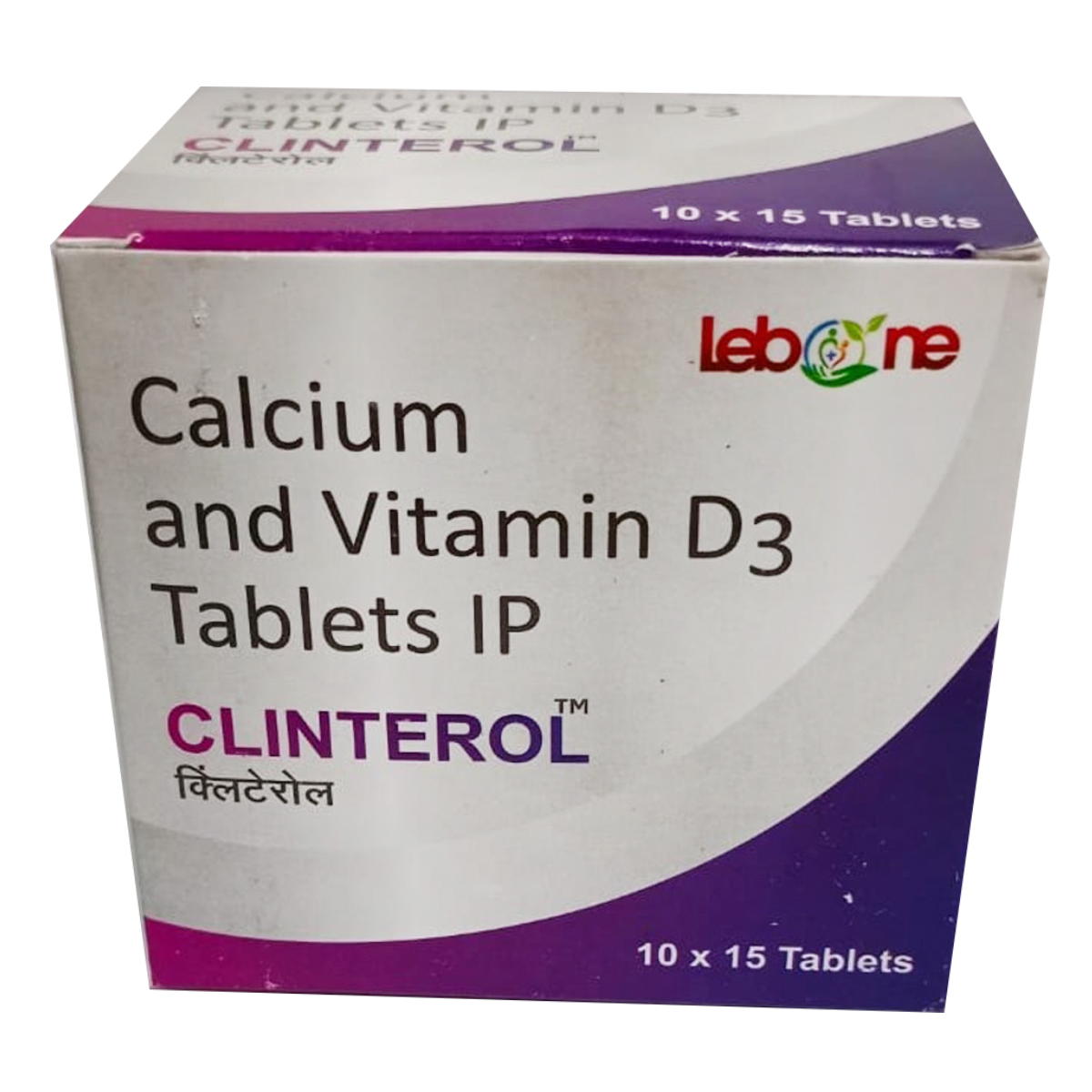

Available Offers
Therapeutic Class
Author Details
We provide you with authentic, trustworthy and relevant information
Drug-Drug Interactions Checker List
- CHOLESTYRAMINE
- COLESTIPOL
- DOXYCYCLINE
- CIPROFLOXACIN
- LEVOFLOXACIN
- PENICILLIN
- NEOMYCIN
- CHLORAMPHENICOL
- ESTRAMUSTINE
- ALENDRONATE SODIUM
- LEVOTHYROXINE
- ORLISTAT
- PHENOBARBITAL
- FUROSEMIDE
- ETACRYNIC ACID
- DIGITOXIN
Drug-Drug Interactions
Drug-Drug Interactions
Login/Sign Up
Cholecalciferol and doxercalciferol are forms of vitamin D, and taking too much vitamin D may lead to toxic effects.
How to manage the interaction:
Although there is a possible interaction between Clinterol 250 mg/1000 mg Tablet and doxercalciferol, you can take these medicines together if prescribed by your doctor. If you notice any of these symptoms - irregular heartbeat, seizures, weakness, tiredness, headache, dizziness, ringing in the ears, loss of appetite, feeling sick, dry mouth, strange taste in your mouth, muscle or bone pain, thirst, losing weight, eye infection, sensitivity to light, runny nose or itching - make sure to call a doctor right away. Do not discontinue any medications without consulting a doctor.
The combined use of calcifediol with cholecalciferol can increase the risk of side effects.
How to manage the interaction:
Although there is a possible interaction between Clinterol 250 mg/1000 mg Tablet and calcifediol, you can take these medicines together if prescribed by your doctor. If you notice any of these symptoms - irregular heartbeat, seizures, weakness, tiredness, headache, dizziness, ringing in the ears, loss of appetite, feeling sick, dry mouth, strange taste in your mouth, muscle or bone pain, thirst, losing weight, eye infection, sensitivity to light, runny nose or itching - contact a doctor right away. Do not discontinue any medications without consulting a doctor.
The combined use of cholecalciferol and paricalcitol are forms of vitamin D, and taking too much vitamin D may lead to toxic effects.
How to manage the interaction:
Although there is a possible interaction between Clinterol 250 mg/1000 mg Tablet and paricalcitol, you can take these medicines together if prescribed by your doctor. If you notice any of these symptoms - irregular heartbeat, seizures, weakness, tiredness, headache, dizziness, ringing in the ears, loss of appetite, feeling sick, dry mouth, strange taste in your mouth, muscle or bone pain, thirst, losing weight, eye infection, sensitivity to light, runny nose or itching - contact a doctor right away. Do not discontinue any medications without consulting a doctor.
The combined use of cholecalciferol and ergocalciferol are forms of vitamin D, and taking too much vitamin D may lead to toxic effects.
How to manage the interaction:
Although there is a possible interaction between Clinterol 250 mg/1000 mg Tablet and ergocalciferol, you can take these medicines together if prescribed by your doctor. If you notice any of these symptoms - irregular heartbeat, seizures, weakness, tiredness, headache, dizziness, ringing in the ears, loss of appetite, feeling sick, dry mouth, strange taste in your mouth, muscle or bone pain, thirst, losing weight, eye infection, sensitivity to light, runny nose or itching - contact a doctor right away. Do not discontinue any medications without consulting a doctor.
Co-administration of Cholecalciferol and Calcitriol are forms of vitamin D, and taking too much vitamin D may lead to toxic effects.
How to manage the interaction:
Although there is a possible interaction between Clinterol 250 mg/1000 mg Tablet and calcitriol, you can take these medicines together if prescribed by your doctor. If you notice any of these symptoms - irregular heartbeat, seizures, weakness, tiredness, headache, dizziness, ringing in the ears, loss of appetite, feeling sick, dry mouth, strange taste in your mouth, muscle or bone pain, thirst, losing weight, eye infection, sensitivity to light, runny nose or itching - contact a doctor right away. Do not discontinue any medications without consulting a doctor.
The combined use of aluminum hydroxide with Clinterol 250 mg/1000 mg Tablet may increase the risk of toxicity.
How to manage the interaction:
Co-administration of Clinterol 250 mg/1000 mg Tablet with Aluminium hydroxide can possibly result in an interaction, but it can be taken if your doctor has advised it. If you're having any of these symptoms like bone pain, muscle weakness, anemia, seizures, or dementia, it's important to contact your doctor right away. Do not stop using any medications without a doctor's advice.
Taking Cholecalciferol together with Sucralfate may increase the risk or severity of kidney problems.
How to manage the interaction:
There may be a possibility of interaction between Cholecalciferol and Sucralfate, but it can be taken if prescribed by a doctor. Do not discontinue any medications without consulting a doctor.
Cholecalciferol and dihydrotachysterol are forms of vitamin D, and taking too much vitamin D may lead to toxic effects.
How to manage the interaction:
Although there is a possible interaction between Clinterol 250 mg/1000 mg Tablet and dihydrotachysterol, you can take these medicines together if prescribed by your doctor. If you notice any of these symptoms - irregular heartbeat, seizures, weakness, tiredness, headache, dizziness, ringing in the ears, loss of appetite, feeling sick, dry mouth, strange taste in your mouth, muscle or bone pain, thirst, losing weight, eye infection, sensitivity to light, runny nose or itching - contact a doctor right away. Do not discontinue any medications without consulting a doctor.
Co-administration of Clinterol 250 mg/1000 mg Tablet with Dihydroxyaluminum sodium carbonate may increase the effects of Dihydroxyaluminum sodium carbonate, which could result in too high aluminum blood levels.
How to manage the interaction:
Although there is an interaction, Clinterol 250 mg/1000 mg Tablet can be used with Dihydroxyaluminum sodium carbonate if prescribed by the doctor. However, maintain a gap of 2-3 hours between both medicines. Do not discontinue the medication without consulting a doctor.
Co-administration of Clinterol 250 mg/1000 mg Tablet with Aluminum hydroxide may increase the effects of aluminum hydroxide, which could result in too high aluminum blood levels.
How to manage the interaction:
Although there is an interaction, Clinterol 250 mg/1000 mg Tablet can be used with aluminum hydroxide if prescribed by the doctor. However, maintain a gap of 2-3 hours between both medicines. Do not discontinue the medication without a doctor's advice.
Drug-Food Interactions
Drug-Food Interactions
Login/Sign Up
Drug-Diseases Interactions
Drug-Diseases Interactions
Login/Sign Up
Drug Warnings
Let your doctor know if you are allergic to Clinterol 250/1000 mg Tablet or its inactive components. Clinterol 250/1000 mg Tablet is not recommended if you have hypercalcaemia (high calcium levels), hypervitaminosis D (high vitamin D levels), and malabsorption syndrome (difficulty absorbing nutrition from food). Brief your medical history to the doctor if you have any heart/kidney/liver/blood vessel diseases, kidney stones, achlorhydria (little or no stomach acid), low levels of bile, and phosphate imbalance before starting Clinterol 250/1000 mg Tablet . Consult your doctor before taking Clinterol 250/1000 mg Tablet if you are pregnant or breastfeeding. Drinking alcohol can affect calcium absorption; therefore, it is advised to limit the alcohol intake while using Clinterol 250/1000 mg Tablet . Clinterol 250/1000 mg Tablet is safe to use in children only when advised by the doctor.
Side Effects of Clinterol 250/1000 mg Tablet
- Constipation
- Stomach upset
Directions for Use
Medicinal Benefits Mweb
Key Benefits
Clinterol 250/1000 mg Tablet is used to treat low blood calcium levels. It effectively treats various conditions caused by low calcium levels in the body like Vitamin D deficiency, osteoporosis, hypoparathyroidism, latent tetany, and rickets or osteomalacia. Clinterol 250/1000 mg Tablet consists of two medicines: Calcium (mineral) and Vitamin D3 (Cholecalciferol). Calcium is a mineral used to prevent or treat a calcium deficiency. It provides essential nutrients to maintain bone formation. Vitamin D3 helps maintain blood calcium and phosphorus levels and mineralization of bone. It aids in calcium absorption enabling bone growth and repair. It further prevents cartilage degeneration.
Uses of Clinterol 250/1000 mg Tablet
About Clinterol 250/1000 mg Tablet
Clinterol 250/1000 mg Tablet belongs to the class of 'Nutritional supplements', primarily used to treat low blood calcium levels. Clinterol 250/1000 mg Tablet effectively treats various conditions caused by low calcium levels in the body like Vitamin D deficiency, osteoporosis (weak and brittle bones), hypoparathyroidism (a condition in which parathyroid glands make low levels of calcium in the body), latent tetany (a muscle disease with low blood calcium levels), and rickets or osteomalacia (softening or deforming of bones due to lack of calcium). Vitamin D deficiency occurs when your body has low Vitamin D levels and is caused due to inadequate nutrition, intestinal malabsorption, or lack of exposure to sunlight.
Clinterol 250/1000 mg Tablet consists of two medicines: Calcium (mineral) and Vitamin D3 (Cholecalciferol). Calcium is a mineral used to prevent or treat a calcium deficiency. It provides essential nutrients to maintain bone formation and maintenance. Vitamin D3 helps maintain blood calcium and phosphorus levels and mineralization of bone. It is used to treat and prevent bone disorders, such as rickets and osteomalacia.
Your doctor will decide the dosage based on your medical condition. Clinterol 250/1000 mg Tablet is likely safe to use. In some cases, it may cause common side effects like constipation and stomach upset. These side effects do not require medical attention and gradually resolve over time. However, you are advised to talk to a doctor if the side effects persist or worsen.
If you are allergic to Clinterol 250/1000 mg Tablet or its inactive components, please inform your doctor. Please tell your doctor if you have hypercalcaemia (high calcium levels), hypervitaminosis D (high vitamin D levels), heart/kidney/liver/blood vessel diseases, kidney stones, and malabsorption syndrome (difficulty absorbing nutrition from food) before starting Clinterol 250/1000 mg Tablet . Pregnant or breastfeeding women should consult their doctor before taking Clinterol 250/1000 mg Tablet . This supplement should be used in children only when advised by the doctor.
Online payment accepted
know your delivery time
Provide Delivery Location
Author Details
We provide you with authentic, trustworthy and relevant information
Therapeutic Class
All Substitutes & Brand Comparisons
RX
Out of StockKelol Tablet 10's
Plasoron Biotech Pvt Ltd
₹69
(₹6.21 per unit)
44% CHEAPERRX
Out of StockCalacis-D3 Mint Flavour Chewable Tablet 30's
Cista Medicorp
₹299.5
(₹9.98 per unit)
11% CHEAPER
- Inform your doctor about your constipation symptoms. They may adjust your medication or advise alternative treatments.
- Stay hydrated by drinking sufficient of water (at least 8-10 glasses a day) to help soften stool and promote bowel movements.
- Increase fibre intake by eating foods high in fibre, such as fruits, whole grains, vegetables and legumes, to help bulk up the stool.
- Establish a bowel routine by trying to go to the bathroom at the same time each day to train your bowels.
- Engaging in regular exercise, like walking or yoga, can support in bowel movement stimulation.
- Consult your doctor if constipation persists, and discuss alternative treatments or adjustments to your medication.

Have a query?
Verified Buyers Reviews
Side Effects
- Stomach Upset
- Constipation
If any of the above side effects continue or intensify, seek medical advice. Professional guidance may be necessary for appropriate care and treatment adjustments.
Buy best Health & Nutrition products by
Vlado Sky Enterprise Pvt Ltd
Abbott India Ltd
Sun Pharmaceutical Industries Ltd
Apollo Healthco Limited
Zydus Healthcare Ltd
Macleods Pharmaceuticals Ltd
West Coast Pharmaceuticals Pvt Ltd
Intas Pharmaceuticals Ltd
Mankind Pharma Pvt Ltd
Meyer Organics Pvt Ltd
Emcure Pharmaceuticals Ltd
Lupin Ltd
Alkem Laboratories Ltd
Nutritionalab Pvt Ltd
Eris Life Sciences Ltd
Akumentis Healthcare Ltd
British Biologicals
La Renon Healthcare Pvt Ltd
Cipla Ltd
Micro Labs Ltd
Zuventus Healthcare Ltd
Torrent Pharmaceuticals Ltd
Pharmed Ltd
Dr Reddy's Laboratories Ltd
Modi Mundipharma Pvt Ltd
Corona Remedies Pvt Ltd
Hindustan Unilever Ltd
Indchemie Health Specialities Pvt Ltd
Apex Laboratories Pvt Ltd
Koye Pharmaceuticals Pvt Ltd
Leeford Healthcare Ltd
Bioceutics Inc
East West Pharma India Pvt Ltd
Alniche Life Sciences Pvt Ltd
FDC Ltd
Alembic Pharmaceuticals Ltd
Aristo Pharmaceuticals Pvt Ltd
DR Johns Lab Pharma Pvt Ltd
Herbs Nutriproducts Pvt Ltd
Guardian Healthcare Services Pvt Ltd
Vasu Organics Pvt Ltd
Pulse Pharmaceuticals
Fourrts India Laboratories Pvt Ltd
TTK Healthcare Ltd
Raptakos Brett & Co Ltd
USV Pvt Ltd
Glanbia Performance Nutrition India Pvt Ltd
Morepen Laboratories Ltd
Innovcare Life Sciences Pvt Ltd
Linux Laboratories Pvt Ltd
Troikaa Pharmaceuticals Ltd
Cadila Pharmaceuticals Ltd
Bright Lifecare Pvt Ltd
Wockhardt Ltd
Sanofi India Ltd
Primus Remedies Pvt Ltd
Zydus Cadila
Kellogg India Pvt Ltd
Tablets India Ltd
Indoco Remedies Ltd
Medley Pharmaceuticals Ltd
Overseas Health Care Pvt Ltd
Procter & Gamble Health Ltd
Shri Balaji Overseas
Dabur India Ltd
Ordain Health Care Global Pvt Ltd
Systopic Laboratories Pvt Ltd
Ajanta Pharma Ltd
Daris Biocare
Health & Happiness (H&H) Trading India Pvt Ltd
Hexagon Nutrition Pvt Ltd
Nutricia International Pvt Ltd
Zee Laboratories Ltd
Aareen Healthcare Pvt Ltd
Aeronutrix Sports Products Pvt Ltd
Emami Ltd
Radicool Pharmaceuticals Pvt Ltd
Wanbury Ltd
Biovitamins Pvt Ltd
Cadila Healthcare Ltd
Esmatrix Life Sciences Pvt Ltd
Ipca Laboratories Ltd
Klm Laboratories Pvt Ltd
Lloyd Healthcare Pvt Ltd
Sain Medicaments Pvt Ltd
Septalyst Lifesciences Pvt Ltd
Tas Med India Pvt Ltd
Wallace Pharmaceuticals Pvt Ltd
Biorex Healthcare Pvt Ltd
Elbrit Life Sciences Pvt Ltd
Levin Life Sciences Pvt Ltd
Panacea Biotec Ltd
Adret Retail Pvt Ltd
Cipla Health Ltd
Delcure Life Sciences Ltd
Femura Pharmaceuticals Pvt Ltd
Gladstone Pharma India Pvt Ltd
GlaxoSmithKline Consumer Healthcare Ltd
Kepler Healthcare Pvt Ltd
Ronyd Healthcare Pvt Ltd
SPECIALITY SUPPLEMENT
CALCIUM
IRON
VITAMIN D
COLLAGEN
VITAMIN B12
VITAMIN C
FISH OIL OMEGA
VITAMIN B
MULTIVITAMIN
Adult Nutrition Drink
ZINC
SEXUAL HEALTH SUPPLEMENT
WHEY PROTEIN
Kids Nutrition Drink
VITAMIN B9
ENERGY DRINK
SPECIALITY NUTRITION DRINK
DRY FRUIT
HERBAL JUICE
VITAMIN E
Prebiotic & Probiotic
ORS
SUGAR SUBSTITUTE
WOMEN & MOTHER NUTRITION DRINK
Chyawanprash
MAGNESIUM
Protein Bar
BREAKFAST CEREAL
Protein Powder
BIOTIN
DIABETIC NUTRITION DRINK
Honey
WEIGHT LOSS
Fat Burner
PLANT PROTEIN POWDER
VITAMIN B1
Apple Cider Vinegar
MELATONIN
APPETITE STIMULANT
Meal Replacement
Peanut Butter
AMINO ACID
Flax seed Oil
INFUSION TEA
NUT & SEED
Ashwagandha
Instant Food
OATS
Olive Oil
Mass Gainer
Pre Workout
CURCUMIN
POTASSIUM
VITAMIN A
DISKETTE
L-Carnitine
Cod Liver Oil
CREATINE
MILLETS & CEREALS
VITAMIN B6
ARGININE
COENZYME Q10
Shilajit
Appetite Suppressant
Chromium
MILK THISTLE
Glutathione
VITAMIN B2
VITAMIN K
L-Glutamine
MORINGA
GARCINIA CAMBOGIA
GREEN TEA
SPIRULINA
ALPHA-LIPOIC ACID
GLUCOSAMINE
GOKSHURA
BCAA Protein Powder
GILOY
NEEM
SAFFRON
SELENIUM
TRIPHALA
Tulsi
VITAMIN B3
VITAMIN B5
Brahmi
CANDIES
FRUIT JUICE
Face Gel
Specialty Supplements
WEIGHT GAINER
WHEAT GRASS POWDER
Customers Also Bought
Frequently Bought Together
₹22.1
MRP ₹24.5
10% off
15
+₹146.6
MRP ₹195.5
25% off
1
+₹196.7
MRP ₹218.5
10% off
30
+₹87.8
MRP ₹97.5
10% off
10
+₹96.8
MRP ₹107.5
10% off
15
+₹55.8
MRP ₹62
10% off
10
+₹197.6
MRP ₹219.5
10% off
15
+₹37.9
MRP ₹43
12% off
30
+₹152.1
MRP ₹169
10% off
15
+₹61.7
MRP ₹68.5
10% off
1
+Recommended for a 30-day course: 2 Strips



_0.jpg?tr=q-85)






